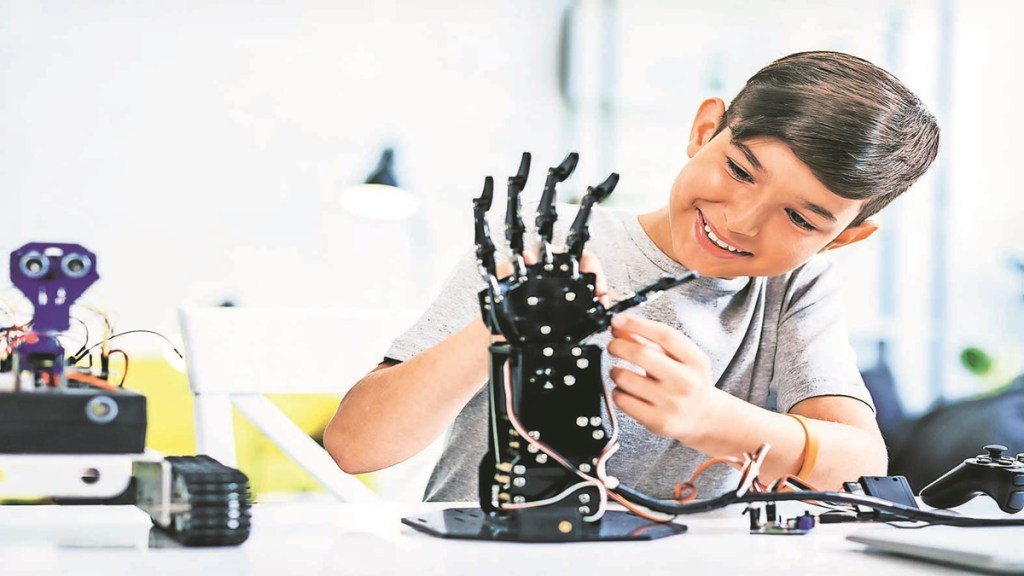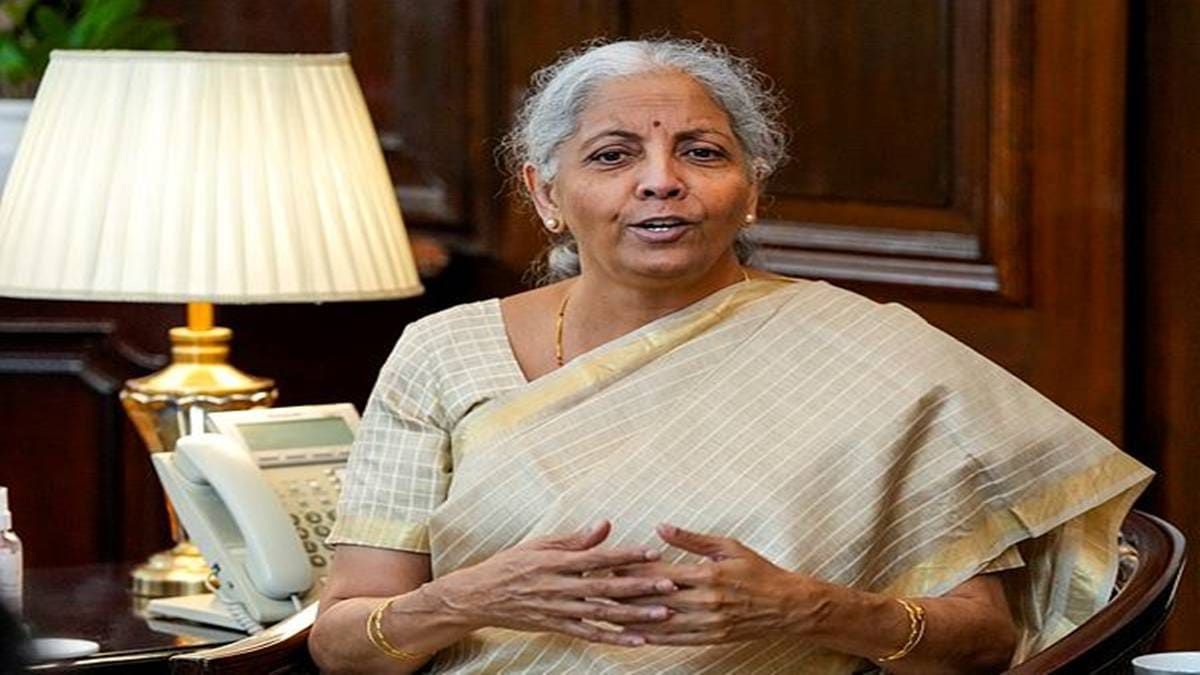Youth voices are growing louder by the day. Once ignored as inexperienced or irrational, it appears that a quintessential ‘youth’s’ rationale is becoming more and more important to the conversations around innovation, evolution, and growth. You know this is true when corporates, international rights organisations and more put children and youth at the centre of their innovation plans, or creating opportunities for youth solutions to take flight — not only because they make for a large part of the customer base, but also because they seem to have an unwitting yet undeniable business and social sense to boot.
Samsung India, for example, recently held a ‘Kids’ Day’, where 50 children aged 4 to 12 got to step into the shoes of ‘mini CEOs’ where they got to pitch ideas for new products, Samsung shared in a press note. The children attending came up with ideas ranging from 3D laptops with tactile screens to rolling televisions, the most notable amongst them being smart glasses for the visually impaired, an idea that came from a 10-year-old child.
Corporate Engagement with Youth Ideas
Samsung isn’t the only company to be doing this. Nike has introduced a number of athletic wear and footwear lines with central focus being empowering children in sports. They have several initiatives currently running which encourage the inclusion of girl children in sports, creating sports communities for children in underprivileged areas and more to make sports more accessible to children across the world.
These developments go to show that while children may not be in decision-making roles or in boardrooms calling the shots, they certainly are driving a number of the business decisions made by big corporations and international organisations working on human rights.
AssisTech Foundation, an Indian organisation working on making basic facilities in India disability-friendly, is collaborating with the NITI Aayog‘s Atal Innovation Mission and the UN Development Programme in its seventh iteration of Youth Co: Lab National Innovation Challenge for the year 2024-2025. Here Indian youths aged 18-32, especially those with disabilities, are invited to apply to innovate solutions to “enhance access to opportunities and wellbeing of persons with disabilities”. The launch of this programme was attended by almost 100 industry stakeholders. According to a statement from UNDP, “The 2025 programme aims to support 30-35 early-stage startups through a springboard programme, providing seed grants to the best-performing startups for scaling their initiatives.”
Earlier, the National Innovation Foundation was being run in India on a similar principle, which had its last iteration in 2019 after being launched in 2000 by the department of science, information and technology, Government of India.
Young Innovators Making Global Impact
Across the world, over the years there have been intermittent reports of children coming up with eye-opening discoveries and inventions which solve decades-long problems faced by not only their own communities, but by civilisation at large. Standing out among these invention was one by a 14-year-old girl in San Francisco, who was responsible for inventing headphones with blue-light technology, which would detect ear infections in toddlers. Here in India as well, since the early 2020s, we have seen a large number of examples where school and college going youths have taken solving worldly and societal problems into their own hands. Be it to make basic amenities more disabled-friendly, to reduce pollution, to detect cancer, purify water, or a host of other solutions that have emerged in the form of brilliant innovations and devices.
Another notable example is that of 16-year-old Gitanjali Rao, the only Indian child who has been named the ‘Kid of the Year’ by Time Magazine in 2020, and a laureate at the United Nations Millennial Activists Summit in Geneva due to her invention of Tethys, a nanotech sensor-based water analyser to sense dangerous lead exposure in drinking water. Nikhiya Samsher had at 18 years of age invented a device that can detect early stages of oral cancer more accurately than any other device in the market right now. It is currently being manufactured and sold and is priced at only Rs 38.
It is not only global companies or organisations that are endorsing children as thought leaders. Children from India have been selected to represent and speak on behalf of South Asian countries in the United Nations as well. Kartik Verma, for example, became a youth advocate to the UN at age 16, and was one of UNICEF India’s first youth advocates speaking on climate change and child rights issues plaguing India and South Asian countries. He continues to be an activist and regularly champions children’s rights across various national and international platforms. Additionally, the state commissions for protection of children in many states select a meritorious child usually from an underprivileged background to take the chair of the chairperson for a day — typically on an occasion like Children’s Day or National Girl Child Day. On this day the children are given a tour of the office’s premises and duties, and are also clued in on some rescue cases which they are allowed to help or consult with resolving.
Further, to make digital tools more accessible to children, child-friendly AI systems are also being developed across platforms, so that they can be encouraged to use these learning tools to their best abilities with parental controls, reducing the risk of coming across inappropriate information, links or cookies. More spaces are also being created for children to exercise and showcase their innovative capabilities, through organisations like the World Economic Forum and United Nations, not to mention CSR activities by private players, including children in the projects. Schools are also empowering children to develop entrepreneurial or ‘ecopreneurial’ mindsets through events, science fairs, and competitions at the school level as well. The children are clearly here with their imagination of the future!








